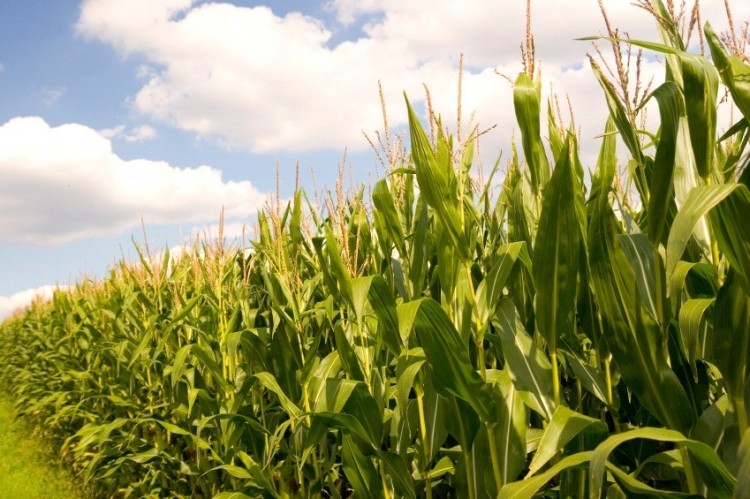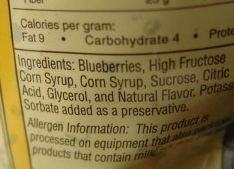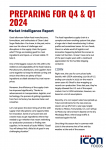Correlation vs causation: Is there a link between HFCS and diabetes?

Results published in Global Public Health suggested that “countries with higher availability of HFCS have a higher prevalence of type-2 diabetes independent of obesity”.
Scientists from the University of Southern California and the University of Oxford (UK) report that data from 43 countries suggests that “diabetes prevalence was 20% higher in countries with higher availability of HFCS compared to countries with low availability”.
Correlation versus causation
Commenting independently on the study, New York University’s Marion Nestle wrote in her FoodPolitics blog that correlation does not equal causation. “It does not mean that HFCS causes diabetes—an important distinction,” she wrote.
In response to the ‘correlation versus causation’ argument, Dr Michael Goran, lead researcher on the study, told FoodNavigator-USA that this was a “fair comment”, but noted that causation is very difficult to prove, “because of the way HFCS is added to the food supply”.
“The data speaks for itself,” he said. “We’re adding to the body of science.
“HFCS and sucrose are almost identical,” he acknowledged, “but the fact is that fructose and glucose are handled differently by the body. The critical question is whether the extra fructose in HFCS contributes to the effects?”
Misleading
However, the Corn Refiners Association (CRA) says that there is no credible scientific evidence to support the claim that HFCS is different from table sugar in terms of human health effects.
The president of the CRA, Audrae Erickson, dismissed the new study as “severely flawed, misleading and risks setting off unfounded alarm about a safe and proven food and beverage ingredient.
“There is broad scientific consensus that table sugar and high fructose corn syrup are nutritionally and metabolically equivalent,” she added.
“It is, therefore, highly dubious of Dr Goran–without any human studies demonstrating a meaningful nutritional difference between high fructose corn syrup and sugar–to point an accusatory finger at one and not the other.
“Dr Goran commits the most fundamental of research errors: Just because an ingredient is available in a nation’s diet does not mean it is uniquely the cause of a disease.”
Study details
Dr Goran and his co-workers used data from 43 countries to estimate the availability of total sugar, HFCS and total calories. This was correlated with data on obesity, diabetes, impaired glucose tolerance and fasting plasma glucose.
Their results suggested that the prevalence of diabetes was 20% higher in countries with higher HFCS availability, compared to low availability countries.
Interpreting their data from an “overall economic and health impact”, the researchers said that, since diabetes was estimated to cost the US $174 billion in 2007, “the potential economic impact of HFCS on diabetes alone was estimated to be 20% of $174 billion/year, and this was equivalent to $95 million dollars per day in the USA.”
Calories
CRA’s Erickson added: “If this study shows anything, it is that there is an association between body mass index (BMI) and diabetes prevalence. Take for example, Japan, where the average BMI is 22.59, and Mexico, where the average BMI is 27.59.
“Even though Japan consumes more HFCS every year than Mexico, the prevalence rates of diabetes in Japan are about half of Mexico. This example alone shows that Dr Goran’s hypothesis is totally flawed.
“This is not the first time HFCS detractors have tried to use statistical analysis to ‘suggest’ a unique causal link between HFCS and obesity. The co-authors of the infamous 2004 Bray and Popkin paper, which Dr. Goran relies on, now admit they reached an erroneous hypothesis. As one author of the 2004 paper confirmed, ‘All sugar you eat is the same, that’s what we know now that we didn’t know in 2004.’
“The common sense message for consumers to understand is to watch their intake of all extra calories, including all added sugars.”
Source: Global Public Health
Published online ahead of print, doi: 10.1080/17441692.2012.736257
“High fructose corn syrup and diabetes prevalence: A global perspective”
Authors: M.I. Goran, S.J. Ulijaszek, E.E. Ventura
















